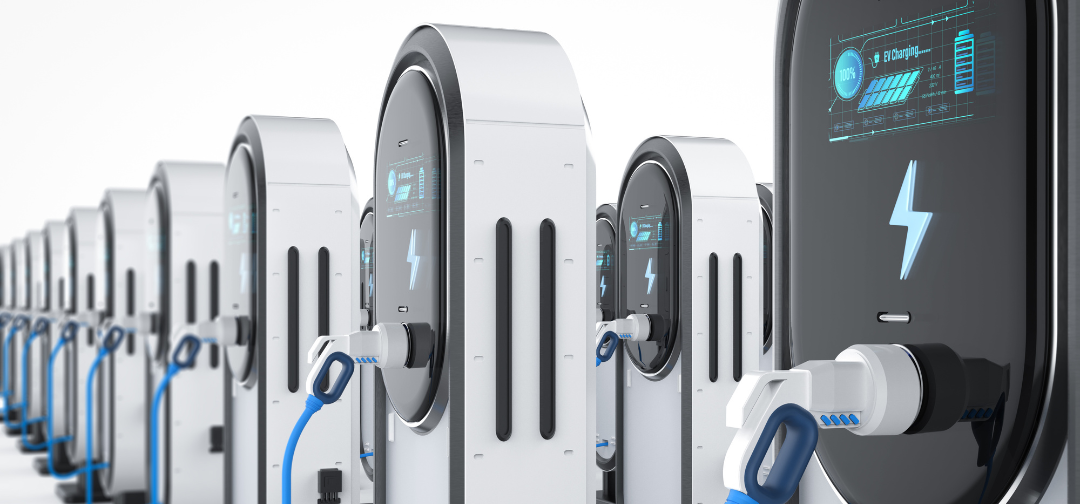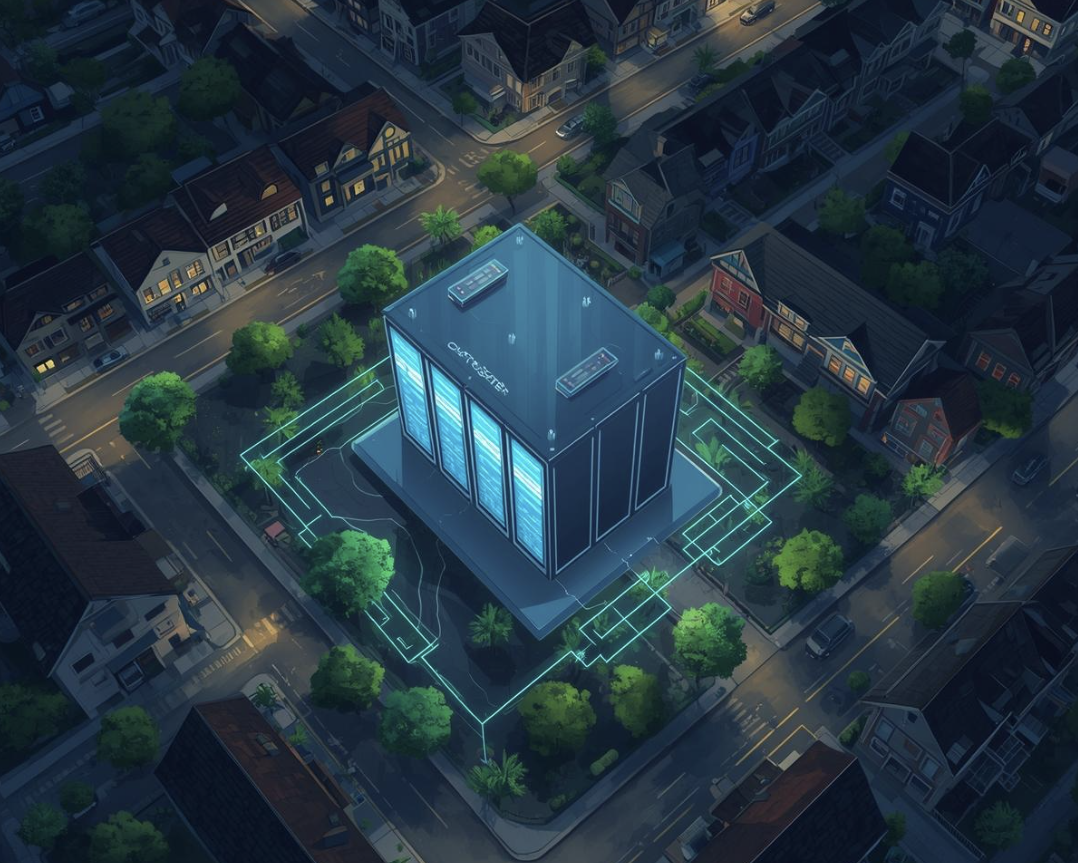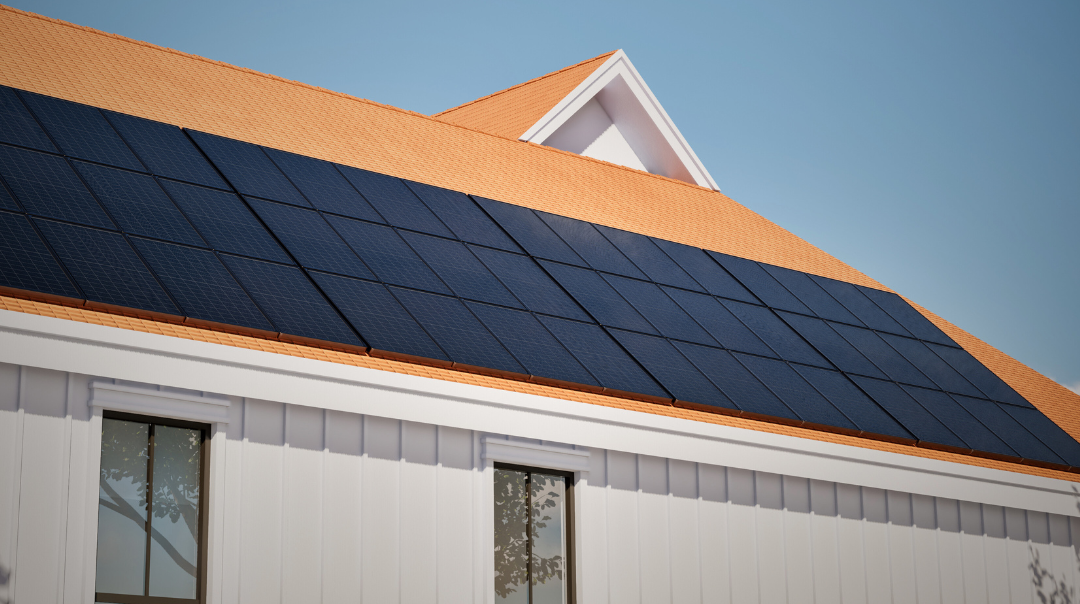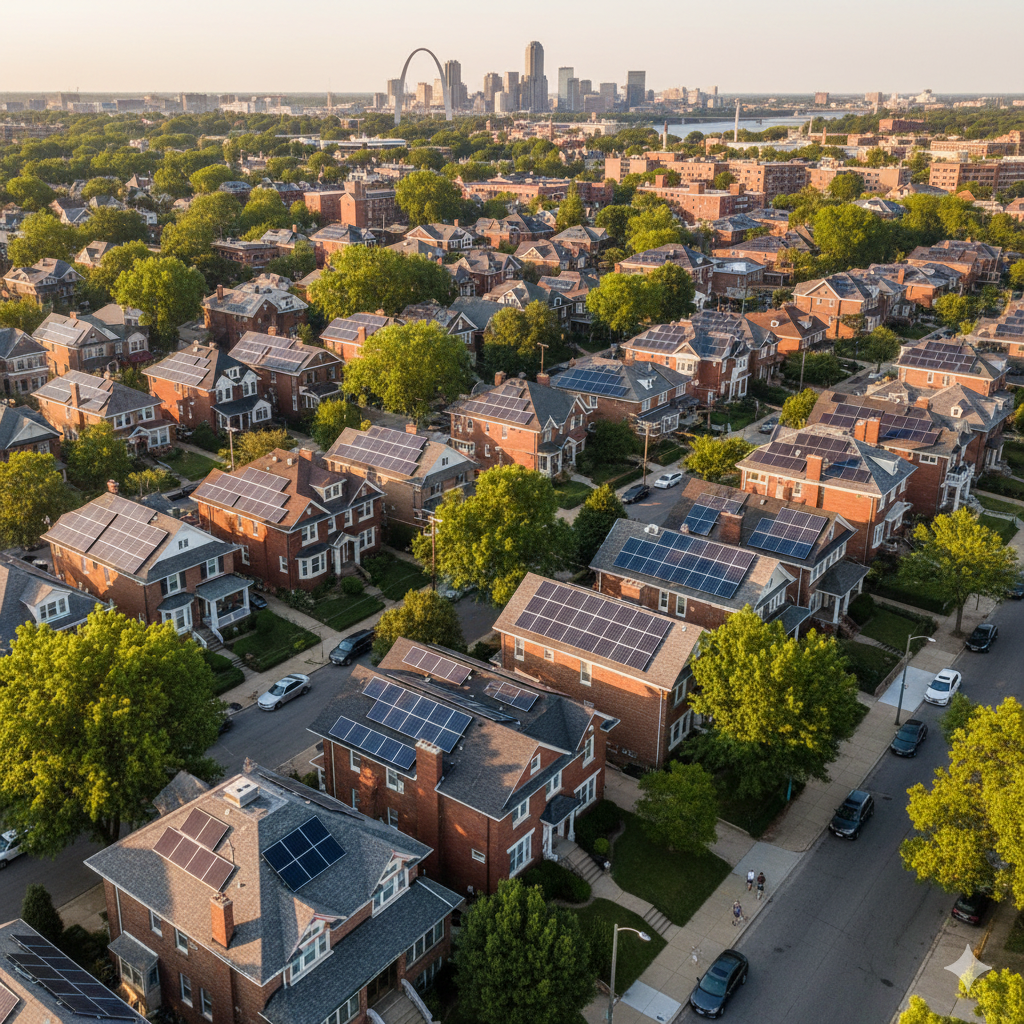The Ultimate Guide to Home EV Charging, Solar, & Battery Backup
The roads are buzzing with electric vehicles, and for good reason! EVs offer incredible performance, a smoother ride, and freedom from fluctuating gas prices. But as more Midwest drivers make the switch, a critical question emerges: how do you power your EV most efficiently, affordably, and sustainably?
At SunSent Solar, we're not just at the forefront of solar energy; we're also your go-to experts for integrating cutting-edge EV charging solutions into your home. We believe the future of transportation is electric, and the smartest way to power it is with the sun.
Let's dive deep into the world of home EV chargers, how they work, and why pairing them with solar and battery backup is the ultimate power move for your Midwest home.
The Rise of the Home EV Charger: Convenience Meets Efficiency
Gone are the days of relying solely on public charging stations. A home EV charger offers unparalleled convenience: simply plug in overnight, and wake up to a fully charged vehicle, ready for your commute or next adventure.
How Home EV Chargers Work: An Electric Vehicle Supply Equipment (EVSE), commonly known as an EV charger, safely delivers electricity from your home's electrical system to your vehicle's battery. It's essentially a smart connection that ensures your car gets the right power safely.
Types of Home EV Chargers (Levels Explained):
- Level 1 Charging (120-Volt AC):
- What it is: Uses a standard household 120V outlet (like the one for your phone or toaster). Most EVs come with a Level 1 charging cord.
- Charge Speed: Very slow. Typically adds 2 to 5 miles of range per hour of charging. A full charge can take 40-50+ hours for a full EV.
- Best For: Plug-in hybrids, very low daily mileage, or as a backup option.
- Installation: Minimal to none, as it uses existing outlets.
- Level 2 Charging (240-Volt AC):
- What it is: Requires a dedicated 240V circuit, similar to what a clothes dryer or electric oven uses. These are dedicated EV charging units.
- Charge Speed: Much faster! Adds 20 to 30 miles of range per hour of charging. Most full EVs can charge from empty to 80% in 4-10 hours overnight.
- Best For: Most EV owners, offering fast, convenient home charging.
- Installation: Requires professional installation by a licensed electrician, often including a dedicated circuit and possibly an electrical panel upgrade. Average installation costs for a Level 2 charger in the Midwest typically range from $1,000 to $2,000, including equipment and labor, though panel upgrades can add $500-$2,500 more.
- DC Fast Charging (Level 3):
- What it is: These are high-power, direct current (DC) chargers.
- Charge Speed: Extremely fast! Can add hundreds of miles in 20-60 minutes.
- Best For: Public charging stations, rarely installed in homes due to immense power requirements and high cost (often $10,000+ for equipment and major electrical upgrades).
For the vast majority of homeowners, a Level 2 EV charger is the ideal solution, providing a perfect balance of speed and affordability for daily use.
The Ultimate Synergy: Powering Your EV with Solar
You've invested in an electric vehicle for its efficiency and environmental benefits. Why stop there? Powering your EV with solar energy from your rooftop takes its eco-credentials and cost savings to the next level.
Benefits of Pairing Your EV Charger with Home Solar:
- Massive Cost Savings:
- Charging your EV can significantly increase your household's electricity consumption. For example, driving an EV 15,000 miles a year can add 2,500-4,500 kWh to your annual electricity usage.
- By charging your EV with solar, you're essentially fueling your car for "free" after your system pays for itself. This means saving $1,000 or more a year compared to fueling a gas-powered vehicle, and even more compared to drawing expensive, grid-sourced electricity.
- As utility rates in Missouri and Illinois soar (projected 70% increases in the next year!), generating your own power for your car becomes an indispensable financial shield.
- True Green Driving:
- An EV is only as clean as its power source. Charging at public stations often means pulling electricity from the grid, which in the Midwest, still relies heavily on fossil fuels.
- With solar, you know your EV is powered by 100% clean, emissions-free sunshine. A typical 5 kW solar system can offset 4.80 tons of CO2 per year in Missouri, and when coupled with EV charging, this environmental impact is multiplied!
- Enhanced Energy Independence:
- You become less reliant on utility companies for both your home's electricity and your vehicle's fuel.
- Maximize your solar investment: Any excess power your panels generate beyond your home's immediate needs can go directly into your EV battery, ensuring you use every bit of that clean energy.
- Convenience and Predictability:
- Imagine never stopping at a gas station again. With a home EV charger and solar, your "fuel" is always ready on your roof.
- No more worrying about peak charging times or fluctuating public charging station prices. Your "fuel cost" is locked in!

The Powerhouse Upgrade: Adding a Battery Backup
Taking your solar-powered EV charging to the absolute pinnacle of efficiency and resilience means adding a home battery backup system.
Benefits of Pairing EV Charging with Solar + Battery:
- Charge Your EV Day or Night, With Solar: Your solar panels generate electricity during the day. A battery stores any excess. This allows you to charge your EV using your own solar energy even after the sun sets, maximizing your self-consumption and further reducing your reliance on the grid.
- Uninterrupted Charging During Outages: During power outages (which are becoming more frequent with extreme weather), a standard grid-tied solar system shuts down. With a battery, your home and EV charger remain powered, ensuring you can keep charging your vehicle and maintain essential home functions during a blackout.
- Optimize Time-of-Use Rates: If your utility has time-of-use (TOU) rates (where electricity costs more during peak demand hours), a battery allows you to charge your EV when electricity is cheapest (e.g., directly from solar, or from the grid during off-peak hours) and then draw from the battery during expensive peak times. This "peak shaving" can lead to significant additional savings.
- Reduce Grid Stress: By storing solar power and charging your EV off-grid or during off-peak hours, you reduce the overall strain on the local utility infrastructure.
SunSent Solar: Your Midwest Experts for Solar, EV Chargers, and Batteries
Integrating an EV charger with a new or existing solar system requires specialized expertise. You need a partner who understands the intricacies of electrical systems, local permitting, and how to seamlessly blend these technologies for maximum benefit.
SunSent Solar is the leading expert in solar energy and EV charging solutions across the Midwest. We handle everything from:
- Custom System Design: Tailoring a solar and battery system to meet your home's specific energy needs, including your EV charging demands.
- Professional EV Charger Installation: Our licensed electricians ensure your Level 2 EV charger is installed safely, efficiently, and up to code.
- Seamless Integration: We ensure your solar, battery, and EV charger work together harmoniously, maximizing your savings and convenience.
- Navigating Incentives: We'll help you understand and apply for the 30% Federal Solar Tax Credit (which applies to both solar panels and qualified EV charging equipment installed after December 31, 2022, up to $1,000 for the charger itself in eligible census tracts).
Don't just drive electric – power electric with the sun! Take full control of your energy costs and embrace true independence for your home and your vehicle.
Ready to supercharge your savings and your ride? Contact SunSent Solar today at 636.757.3083 or visit SunSent.com for a free consultation. Let's make your home the ultimate sustainable power hub!










